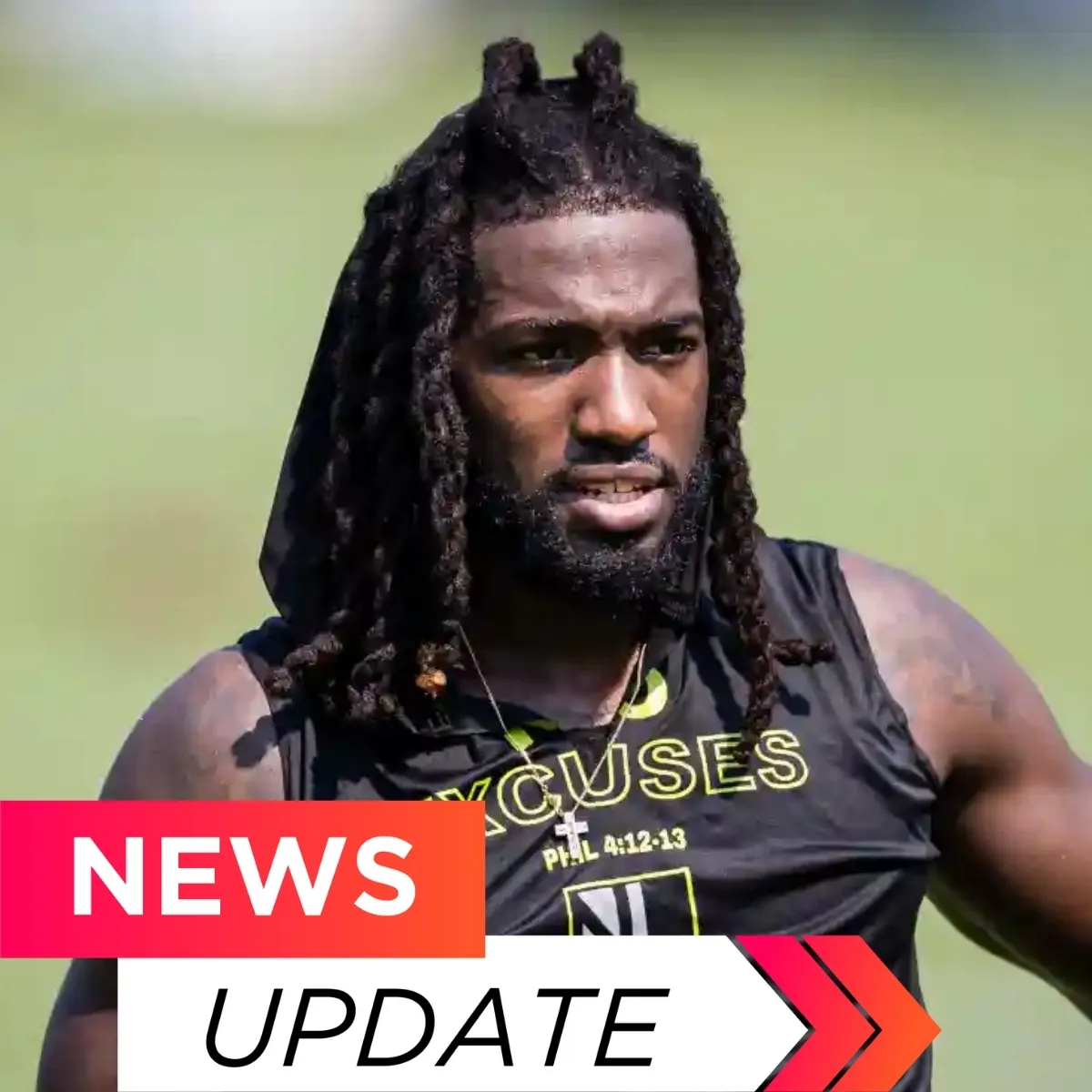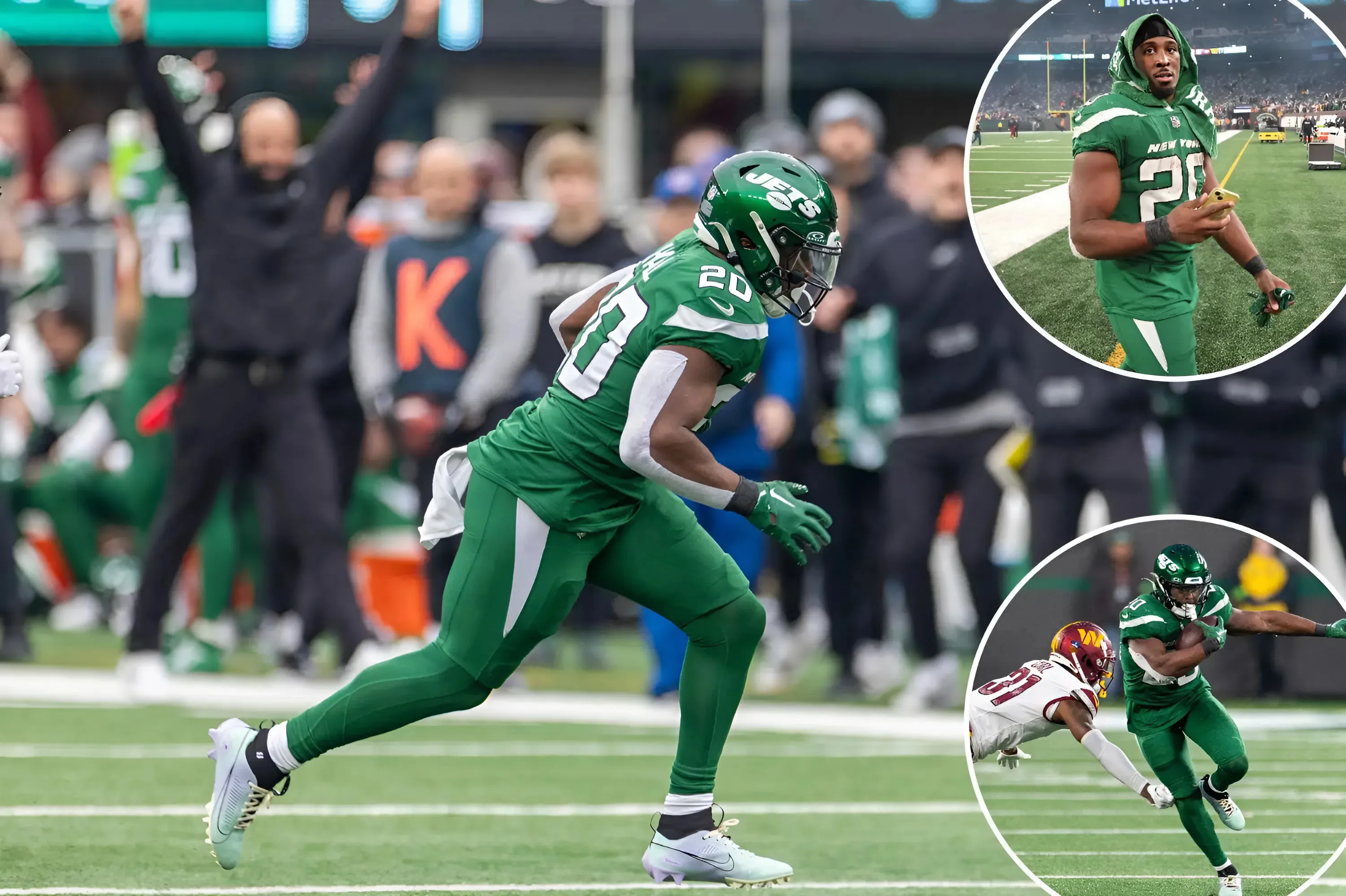July 1, 2025 was an important day for the Vancouver Canucks, and in a few different ways.
Eschewing the typical pattern of the Free Agent Frenzy, GM Patrik Allvin and Co. focused on retaining assets, not adding them. The Canucks signed Brock Boeser to a new seven-year deal mere minutes after he’d hit the open market, and also extended Thatcher Demko and Conor Garland a full year ahead of the expiry of their own contracts.
The series of signings added stability to a Vancouver roster that was looking increasingly uncertain. It could also be seen as the first major step in a multi-step process that the Canucks are hoping will culminate with the extension of captain Quinn Hughes.
Hughes’ current contract is set to expire after the 2026/27 season. Technically speaking, that gives the Canucks a full two more years of guaranteed Hughes action. But Hughes will become eligible to sign an extension on that contract in one year’s time: July 1, 2026. And the moment that date comes to pass without Hughes having signed an extension, it becomes a massively distracting headline, and he becomes a veritable lame-duck captain.
In other words, the Canucks have a year or so to convince Hughes to stick around. Who knows at this point how possible that is, or what the next season might entail?
But something we have a better idea of after July 1, 2025, is what an eventual Hughes contract extension might look like, now that the dust has settled on a brand-new round of league-wide contracts.
We won’t bother guessing much at term, because Hughes would have his choice in that matter. If he wants an eight-year extension, he’ll get one. If he wants to sign a four-year, Auston Matthews-style deal to set himself up for another big payday at age 30, he can do that, too. And if he wants to extend for only three years so that he hits UFA status at the exact same time as his brother Jack, well, who’s really going to stop him?
Hughes and his camp could aim at any of those terms and still hit them without it having an impact on their salary demands. Hughes is that unique of a player that he sets his own market value. But on that front, what is the kind of salary that Hughes might demand?
Should, for example, Hughes become the highest-paid defenseman in the game of hockey? One might say “no,” and that Cale Makar deserves that honour, with his two Norris Trophies and a Stanley Cup under his belt. But Makar signed his current six-year, $9 million AAV contract back in 2021, so it’s no longer a fresh precedent.
Makar is up for expiry at the exact same time as Hughes. If Makar signs his extension first, then he becomes the one and only comparable to Hughes, and a fair salary can be negotiated from there. If not, we’ll have to look elsewhere for lesser comparables and work our way up.
There’s an argument to be made that Hughes and Makar are in a class of their own. Others who might belong in the conversation include Zach Werenski (currently entering Year Four of a six-year, $9.58 million AAV deal) or Rasmus Dahlin (entering Year Two of an $11 million AAV deal), but both should be ranked – and probably paid – at least a clear step behind Hughes.
As of this writing, there are 11 NHL defenders set to earn a higher average salary than Makar in 2025/26. They are Erik Karlsson ($11.5M), Drew Doughty ($11M), Dahlin ($11M), Evan Bouchard ($10.5M), Werenski ($9.58M), Seth Jones ($9.5M), Charlie McAvoy ($9.5M), Adam Fox ($9.5M), Noah Dobson ($9.5M), and Darnell Nurse ($9.25M).
Base it on whatever quality you want – offensive production, importance to the team, award nominations, leadership – and it’s hard not to argue that Hughes belongs at the very top of this group.
So is that where his salary belongs, then? At least at $11.5 million, and probably higher than that?
Well, the short answer is ‘yes,’ but the longer answer leans heavily toward the ‘probably higher than that.’
Because Hughes can, and probably should, be asking for a fair amount more.
As good as all these aforementioned defenders are, minus Makar and maybe one or two others, they still don’t really belong in Hughes’ class of overall impact. He’s not just a yearly Norris contender, he’s someone who should reasonably be on the Hart Trophy shortlist on an annual basis, too – if that award was actually voted on for the basis of ‘Most Valuable.’ That means we probably have to start examining the uppermost tiers of NHL salaries to find our real answer.
If we take Karlsson and his $11.5 million as the league’s highest-paid defender and set that as our new low bar, we’ll find another eight players entering the 2025/26 season with a higher average salary. Those players are Leon Draisaitl ($14M), Matthews ($13.25M), Nathan MacKinnon ($12.6M), Connor McDavid ($12.5M), Mitch Marner ($12M), Mikko Rantanen ($12M), Artemi Panarin ($11.64M), and Elias Pettersson ($11.6M).
This is probably easiest to understand in the context of the Canucks’ own roster. Does Hughes deserve a higher salary than Pettersson? Absolutely, 100%, no doubt about it. So, he begins to move up this chart as well.
Does Hughes deserve a higher salary than McDavid? The answer there is ‘probably not.’ But McDavid is about to finish off the eighth and final year of his own current contract. That $12.5 million figure is going to be greatly increased upon for McDavid’s next deal, and whatever it ends up at could reasonably be seen as a negotiating cap on Hughes’ (and everyone else’s) next contract.
What about the rest of the list? Does Hughes, for example, deserve more than someone like Marner, Rantanen, or Panarin, each excellent players in their own right, but with none of them truly being ‘the guy’ on their own rosters? It seems pretty easy to make an argument for him to eclipse them.
What about that MacKinnon, Matthews, and Draisaitl group? Here, we might have finally found Hughes’ true peers. Each of them is and has been in the conversation for MVP awards; each is both the best player and an established leader on their own team, and each is still very much in the prime of their career.
Let’s focus on Draisaitl, who has both the highest and most recent salary among the group. There are some arguments to be made that Draisaitl deserves the higher salary of the two. Right or wrong, forwards tend to be paid more than defenders, and raw point totals are still the best predictor of salary. Draisaitl just closed out his fourth 100-plus-point season. He’s got one Hart to Hughes’ one Norris, along with an Art Ross, a Ted Lindsay, and the most recent Rocket Richard Trophy.
Then again, Draisaitl signed his deal a year ago, in September of 2024, at which point his $14 million represented 14.66% of the cap ceiling.
When Hughes signs his next deal, it’ll begin in the 2027/28 season, at which point the cap will have climbed to $113.5 million. If we cut 14.66% from that total, we end up with $16.64 million.
So, even if there’s a valid argument for Draisaitl to make more than Hughes, the existence and prevalence of leaguewide inflation should more than make up for it.
There’s one more factor at play here, and that’s taxes. Some argue that the discrepancy between a place like British Columbia and a comparatively tax-free haven like Florida is overstated, but nobody claims it is entirely fictional. The fact of the matter is that Hughes would be leaving take-home money on the table if he signed a contract with Vancouver than if he signed one with the Panthers or Lightning.
It’s not an insurmountable barrier, but it’s one more obstacle in the way of signing – and definitely in the way of achieving any form of discount.
That leaves us with a workable range of predictions. If Makar signs before Hughes, he becomes the instant and convenient comparable. If not, we’re operating between the bounds of Draisaitl’s $14 million and whatever McDavid winds up signing for on his next deal.
Of course, there’s always hope that Hughes will take less than what is fair in order to increase his team’s ability to compete. For our part, however, we’ll save such hopes and dreams just for Hughes signing an extension with the Canucks – any extension. There’s little doubt he’ll be worth whatever he earns or continue to be anything less than one of the most valuable players in hockey, regardless of cap hit.



